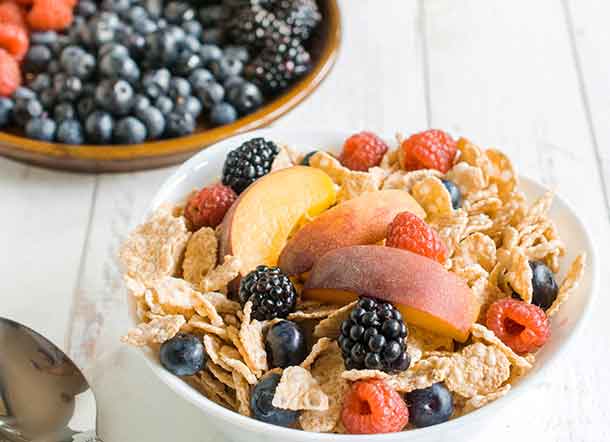What Are Polyphenols?
Polyphenols are a varied category of naturally existing substances mainly present in plants. Renowned for their powerful antioxidant properties, these compounds help neutralize harmful free radicals in the body that can potentially harm cells. These compounds are categorized into several types, including flavonoids, phenolic acids, polyphenolic amides, and other polyphenols. Each type offers unique benefits, contributing to overall health and wellness. By incorporating a high-quality polyphenols supplement into your diet, you can significantly enhance your consumption of these helpful substances without majorly altering your diet.
How to Incorporate Polyphenols into Your Diet
Incorporating polyphenols into your diet doesn’t have to be complicated. Here are some practical ways to do it:
- Start your day with a polyphenol-rich smoothie: Mix different types of fruits to make a tasty and healthy morning meal. Make your plate colorful by adding polyphenol-rich foods to your lunch and dinner. It enhances the nutritional value of your meals and makes them more visually appealing.
- Opt for snacks like nuts and seeds: These are easy to carry and provide a quick, nutritious boost throughout the day. Add flaxseeds to your yogurt, or grab a handful of chestnuts for an afternoon snack.
- Savor a mug of green tea or a goblet of red wine: Both beverages are excellent sources of polyphenols. Drinking them in moderation can contribute to your daily polyphenol intake while providing additional relaxation and enjoyment.
Health Benefits of Polyphenols
Consuming polyphenol-rich foods can offer numerous health benefits that go beyond essential nutrition. Specific research indicates that polyphenols may enhance gut health by stimulating the growth of helpful gut bacteria and decreasing inflammation. Polyphenols support a healthy digestive system and are associated with a reduced likelihood of chronic illnesses. In addition, their antioxidant qualities can shield the skin from harm caused by dangerous UV rays and pollution, ultimately enhancing skin look and slowing down aging.
Foods Rich in Polyphenols
Adding various polyphenol-rich foods to your diet can lead to multiple health advantages. Here are some examples:
- Fruits: Apples, berries, and grapes are high in polyphenols. These fruits can be easily added to your diet as snacks or a balanced meal.
- Vegetables: Spinach, onions, and artichokes are excellent sources. Including these veggies in salads, soups, or stir-fries can increase your polyphenol intake.
- Beverages: Green tea, coffee, and red wine are rich in these compounds. Regularly consuming these beverages in moderation can provide additional health benefits.
- Nuts and Seeds: Flaxseeds and chestnuts are good sources. These can be added to your breakfast cereals or smoothies or eaten as a quick snack.
Scientific Backing
Research supports the myriad benefits of polyphenols, which range from cardiovascular health to weight management. For instance, a study published in Medical News Today highlighted the role of polyphenols in promoting cardiovascular health. The research discovered that these substances can decrease inflammation, decrease blood pressure, and enhance cholesterol levels. Furthermore, another study found that polyphenols may help with weight control by increasing metabolism and reducing fat intake. These scientific findings underline the importance of including polyphenols in one’s diet for overall health and wellness.
Common Questions About Polyphenols
Q: Can everyone benefit from polyphenol supplements?
A: Although polyphenol supplements can be beneficial for many individuals, seeking advice from a healthcare provider before beginning a new supplement routine is essential, particularly if you have preexisting health conditions or are taking other drugs. Polyphenol supplements can provide an extra boost to those who may not get enough from their diet alone.
Q: Are there any side effects?
A: Generally, polyphenols are safe and well-tolerated. Nevertheless, overconsumption may result in digestive issues like bloating or gas. Consuming polyphenol-rich foods and supplements in moderation is essential, as well as balancing them with other nutrients to ensure overall well-being. If you experience any adverse effects, it’s best to consult with a healthcare professional.







